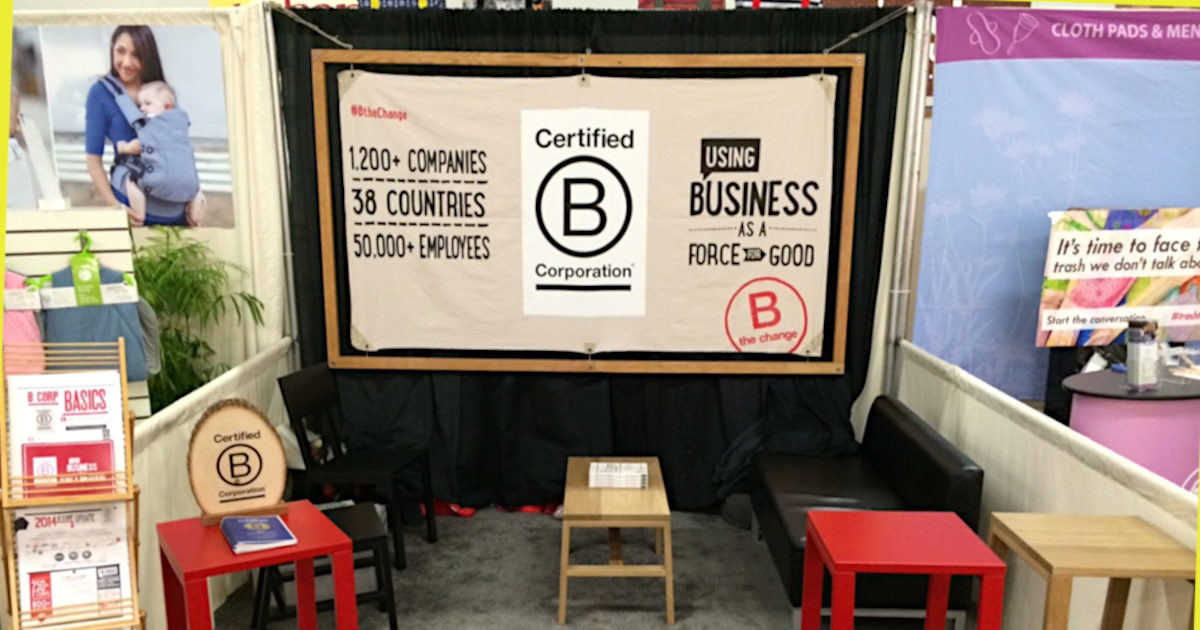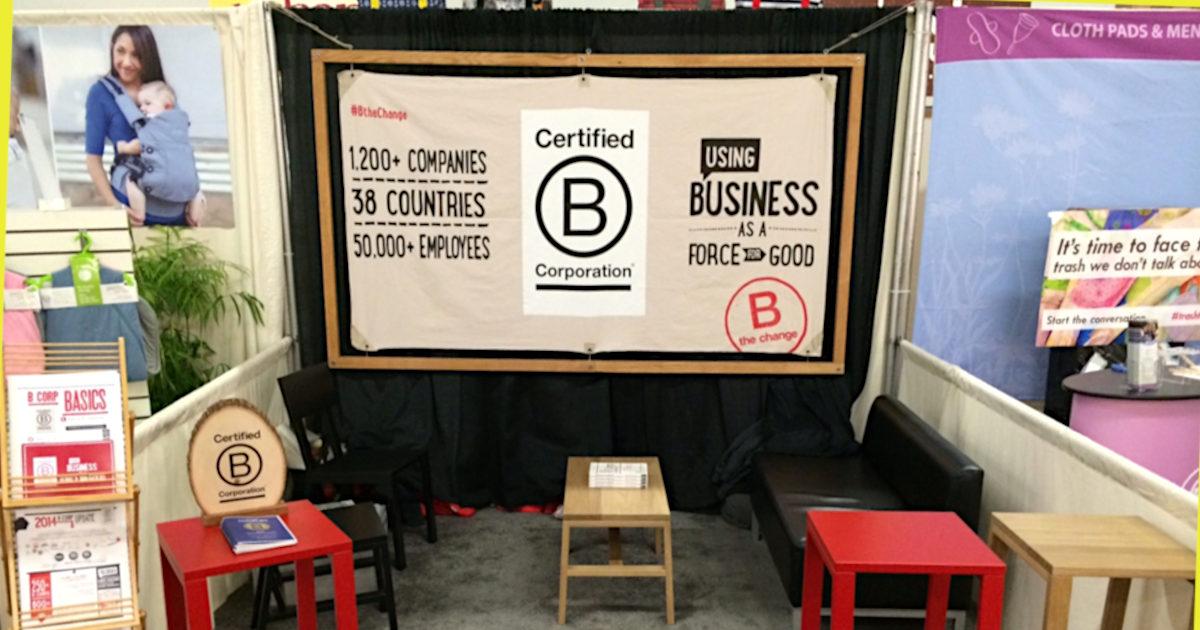
ESG, B Corps, and Investors
ESG investing and its accelerated rise show that people see purpose in putting their money where their values are or by following a growing investment trend – in many cases both. Companies are certainly aware of the movement and are working to establish themselves as fitting ESG investment criteria. Increasingly companies are altering the impact of their daily operations, and investors are noticing and reacting. According to the most recent biennial report from the United States Forum for Sustainable and Responsible Investment (US SIF), total US-domiciled assets under management employing ESG investing strategies increased 42 percent over the past two years, to $17 trillion in 2020, up from $12 trillion at the start of 2018.
The increased levels of adoption of ESG standards reporting have taken their cue from consumer demand, as customers and investors direct their dollars towards organizations that support this popular trend and away from others. Social governance and environmental standards are becoming the new norm as new companies develop in the mold and older companies innovate to capitalize on the movement of business towards these standards.
Environmental, Social, Governance
MSCI has the tag line “Powering better investment for a better world,” their framework has currently taken the lead to shape understanding of the specific aspects of the operations that fall under “ESG”. The environmental (E) factors include measurements like carbon emissions in a company’s transport and logistics, the efficiency of their energy sources, and, particularly in the case of F&B companies, water usage. Social (S) factors relate to how the company treats its employees and diversity in leadership. Governance (G) indicators take a look at issues like share class structure, data security, and government structure.
In the past, it may have seemed that standards of accountability inhibited performance. However, as consumers and businesses alike adopt such standards, ESG rankings may actually point to the long-term viability of a company. According to research from MSCI, companies in the bottom ESG quintile have been twice as likely to suffer a catastrophic loss (over 95% cumulative loss) within three years.
B Corps
Many companies have also gone beyond the ESG standards and have now established themselves as B Corps. This certifies them as “benefit corporations” compliant with the standards of B Lab, a Pennsylvania-based business research organization that has set standards around corporate impact. According to B Lab, B Corp members in the U.K. have experienced an average YoY 14% growth rate, about 28x higher than the national average. For example, Leading B Corps rise are fast-moving consumer goods (FMCG or CPG) brands that grew 21% on average in 2017 compared to a national average of 3% across their respective sectors.
In 2016, MSCI downgraded Equifax’s ESG rating due to concerns about data privacy and cybersecurity. Almost exactly a year later, Equifax announced the data breach that compromised the personal information of 147 million people.
Take-Away
Beyond “greenwashing” and hollow corporate social responsibility, ESG frameworks have become increasingly integrated into business operations. Undoubtedly, a high ESG ranking also gives way to higher brand equity today and marketing campaigns can be designed around to appeal to the trend.
In 2021, carrying a high ESG rating benefits a company in more ways than one. For investors, the trend is an added category worth reviewing; from an investment standpoint, this is where the attention is currently.
About the Author:
Laila Jiwani is a freelance writer specializing in topics related to social finance and international economic trends. Currently based in Dallas, Texas, she is an Erasmus Mundus Joint Master’s Graduate and has worked for economic development organizations in the U.S., Morocco, Kenya, Pakistan and Kyrgyzstan.
Suggested Reading:

|

|
Five Reasons Investors Increasingly Use ESG Standards
|
Expect 500,000 Fewer U.S. Births in 2021
|

|

|
Can Mining be Green and Sustainable?
|
Can Small Investors Compete With Wall Street?
|
Sources:
https://www.msci.com/who-we-are/about-us
https://hbr.org/2016/06/why-companies-are-becoming-b-corporations
https://netimpactboston.wordpress.com/2015/03/12/b-corp-interview-anne-sherman-staach
Stay up to date. Follow us:
 |
 |
 |
 |
 |
 |
Stay up to date. Follow us:
 |
 |
 |
 |
 |
 |

